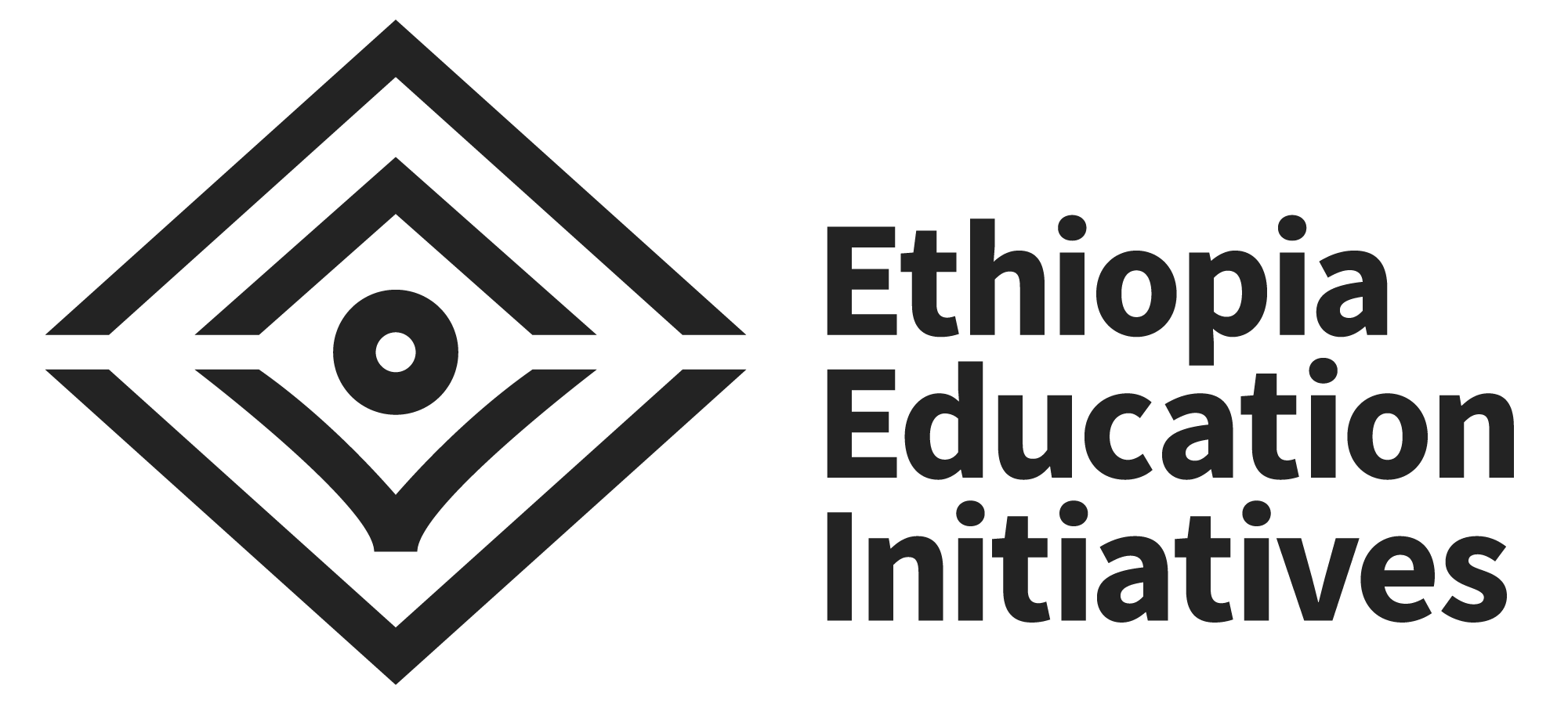A Doctor Defines Wellness
Dr. Elizabeth Nega recently joined the EEI Board. Elizabeth attended medical school in Ethiopia and now lives and practices in the United States; currently working as a frontline COVID-19 responder. We spoke to Elizabeth about what drew her to medicine, her definition of wellness, and how her experience as a doctor informs her service as a Board member.
I didn’t know much about medicine before getting into it. In Ethiopia everyone takes a national exam at the end of Grade 12, and if you do well on the exam, you can elect to study medicine. I chose that path knowing only that it was a respected profession in which you could help people.
Once I became a medical student and then a doctor, I fell in love with the profession. I feel privileged to be given the trust of my patients, humbled to listen to them at the time of their worst fears, and overjoyed when they overcome illness and return to their families. Medicine is sitting down and talking to patients, figuring out what they need. You just do what you can, try different things, and hope that the solutions will stick.
I started my residency towards the end of the AIDS epidemic, and that is when I understood that medicine is a social service. Patients and their families in that period were very scared and needed someone to talk to about more than just medical treatment. Their needs were not all the same and it was important to listen to them. They needed both social and medical care.
I don’t think you can define wellness just in medical terms. It is a mistake to relate wellness to habits that promote health—such as avoiding smoking, drugs and exercising—only. These habits are of course important and do contribute to wellbeing, but wellness is much broader and takes into account many other facets of our lives. Wellness is physical, mental, and spiritual well-being. Wellness is leading a meaningful life compatible with one’s value system, not just being disease free.
I am excited to bring my experience to my board service and specifically to help design the Haile-Manas Academy’s Wellness Center. My daughters attend boarding schools in the US, and I have seen what the wellness centers at their schools do to ensure that things go smoothly on campus. Much of their focus is on student stress, as schoolwork is very challenging. The centers provide a lot of emotional counseling support; that is the majority of their work, which frees the rest of the school to continue its mission.
I’m heading up the medical advisory group focused on HMA’s wellness center, in partnership with doctors who are practicing medicine in Ethiopia. We are taking their lead to see what is and isn’t culturally acceptable. It is important to us that, as with staff at US boarding schools, HMA staff bring a level of cultural competence to help students deal with issues like anxiety and stress. The wellness habits and values we teach students have to be compatible with the school’s setting.
I also know, from my experiences in Ethiopia and the United States, that we have to address the poor health care infrastructure available to HMA, by affiliating with other organizations, supporting the local healthcare ecosystem, and even where necessary, creating the needed resources ourselves. Otherwise it will be hard to maintain the quality staff as well as healthy and safe student body underpinning HMA’s mission One of the things that attracted me to this Board is that we are creating a school that will serve as a model for what’s possible in Ethiopia, in as many ways as possible, including the Wellness Center and with respect to defining student wellness. We may have to do a little extra work, because that means planning for tomorrow at the same time we roll out today - but we are determined!
